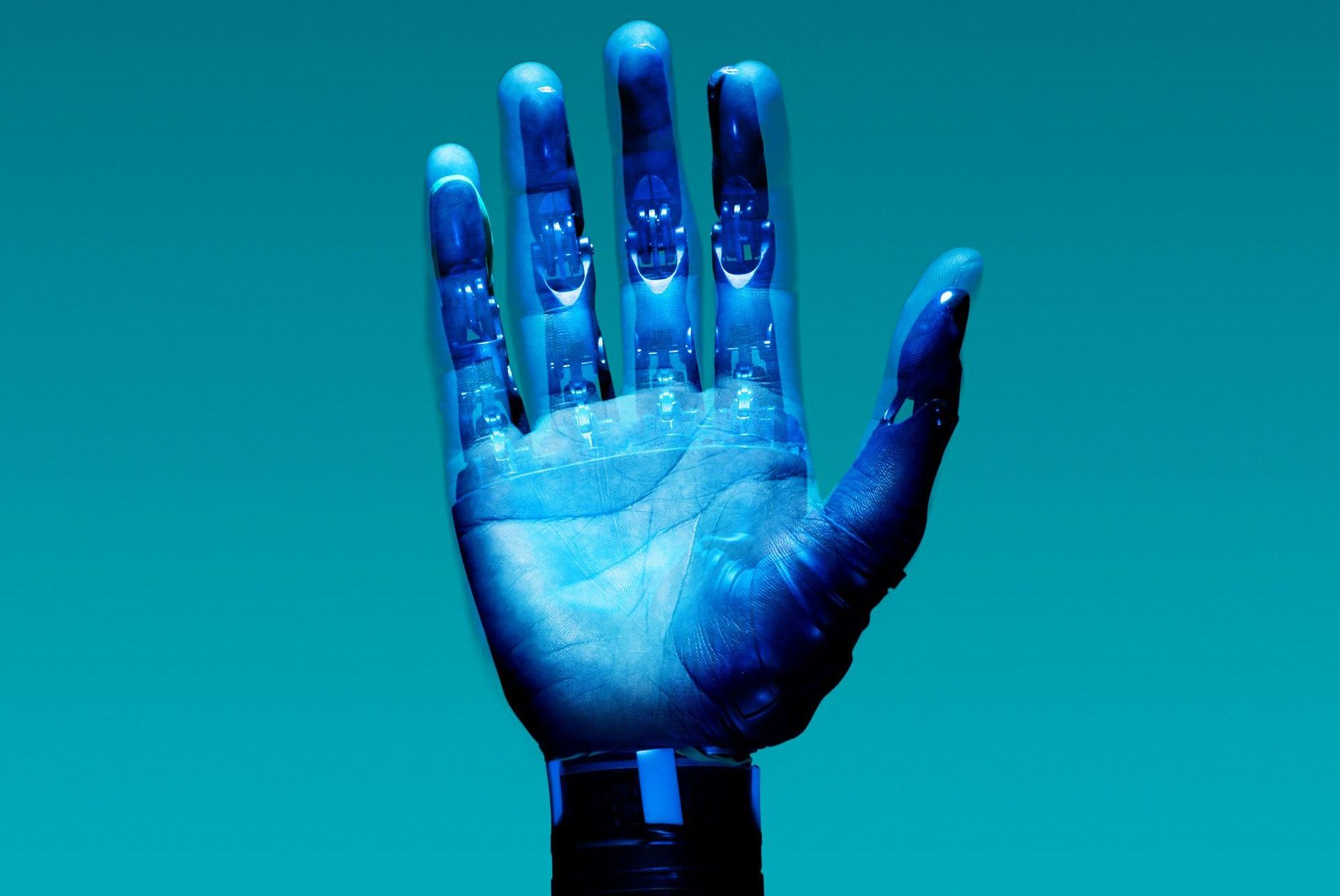Beyond Numbers: The Human Stories Uncovered by Digital Analytics in Charitable Work
Charities are increasingly leveraging digital analytics

I have been working with charities for the last three years and have noticed how much my network has grown in this area. Charities are increasingly leveraging digital analytics as a powerful tool to enhance their operations, reach a wider audience and ultimately achieve their missions. I’ve seen the impact these professionals have had on the outcomes for the charities they work for and wanted to showcase how digital analytics can be a lifeline for charities, providing them with valuable insights and data-driven strategies to help them continue to make a meaningful impact in the world.
The foundational work that charities need to do to survive, is where many data teams focus their projects: during the funding stage where philanthropic organisations and grant-making institutions are more interested in funding projects that can demonstrate their impact through data. Data functions allow charities to track and measure the outcomes and impact of their programmes. By collecting and analysing data on the numbers of people they have helped and the subsequent success stories, charities can provide concrete evidence of their own effectiveness. This evidence is crucial for convincing grantors and donors that their contributions will make a tangible difference.
The most successful data teams then help charities to turn this evidence into compelling stories. The collated data enable charities to craft compelling narratives, using data to tell stories about the challenges they address and the lives they impact. These stories resonate with potential funders on a more emotional level, making them more likely to support the cause. Data can turn statistics into relatable, powerful human stories that inspire action.
Digital Analytics can identify the most effective channels for reaching their target audience with the stories created. Because digital analytics encompasses the collection, analysis and interpretation of data from various online sources such as website traffic, social media engagement, email marketing and more, Charities have a wide source of data to interpret.
Grantors and donors are often more inclined to support organisations that are embracing modern methods and technology to enhance their impact and utilising the data available to them in innovative ways shows that they are doing everything in their power to gain the attention of donors and therefore worthy of the grant. With data functions, charities can adapt their programmes to evolving needs. They can track trends, identify emerging issues and adjust their strategies accordingly. This agility is appealing to funders, as it ensures that their contributions remain relevant and impactful. Funders want to see that the charity is making a real difference. They assess past achievements and the potential impact of future projects and the data shows this.
From my experience in helping charities to set up data teams from scratch I know there are a few key things to bear in mind. If there is budget for a senior hire, the first hire for a data team in a charity should typically be a Chief Data Officer (CDO). Here's why, the CDO sets the strategic direction for the data team, which is critical from the outset. This ensures that data initiatives are aligned with the charity's mission and goals. Establishing data governance policies early on is essential to ensure data quality and compliance with privacy regulations and it’s better to have these in place from the beginning. Collaborating with various departments is essential for understanding their data needs (our latest State of Data Report indicates it is a key driver of successful data strategy execution), the CDO can facilitate this process from the start as it is usually an important skill they bring with them. The CDO can also assist in budgeting and allocating resources for the data team, ensuring that the team has what it needs to be successful.
The next most important hire would be a Data Strategist/Analyst because the Data Strategist or Analyst plays a pivotal role in translating the charity's mission and goals into actionable data strategies and projects. They collaborate with the CDO to define specific objectives, KPIs and data-related initiatives that align with the charity's mission. Their analytical skills are essential for project planning, ensuring that data-driven efforts are strategically focused.
I would then look at hiring a Data Engineer because they are responsible for building and maintaining the technical infrastructure required for data collection, storage and retrieval. They set up data pipelines, ETL (Extract, Transform, Load) processes and databases. With a well-structured data architecture in place, the charity can efficiently manage data, ensuring its quality and accessibility.
If there is budget for a full team, I would then look at hiring a Database Administrator to help manage the day-to-day operations of the data infrastructure. They ensure that data is secure, backed up and accessible when needed. Their role is crucial in maintaining data integrity and protecting sensitive donor and beneficiary information, which is a priority in the non-profit sector.
Data Scientists are skilled in advanced analytics and modelling. They can extract valuable insights from the charity's data, helping to make informed decisions, optimise programs and predict donor behaviour. Their analytical expertise is especially valuable for charities looking to enhance donor engagement and program impact measurement.
In an era of increasing data privacy regulations and ethical considerations, having a specialist who can manage data governance, compliance and ethical considerations is vital. This role focuses on ensuring data security, privacy and ethical data practices, reducing the risk of data-related issues.
Finally, Data Visualisation Specialists create meaningful and accessible data visualisations, making data insights understandable to non-technical stakeholders within the charity. This role is crucial for effective communication of data-driven findings and project outcomes.
The order of these hires can vary depending on the charity's specific needs and the size of the data team. However, generally, starting with a Data Strategist/Analyst and progressively adding roles that support data infrastructure, analysis, governance, and communication is a well-rounded approach to building a comprehensive data team. This order ensures that data initiatives are strategically planned, technically sound, and able to deliver actionable insights while maintaining data integrity and compliance. Regardless of hiring preferences, setting up a data team in a charity should start with a clear strategy and alignment with the charity's mission. The main priorities in for any team in 2023/4 revolve around ethical data use, donor engagement, impact measurement and data security, with an emphasis on adaptability and collaboration. As technology advances, charities that embrace analytics will thrive and achieve even greater impact in the ever-evolving digital landscape. Digital analytics is a lifeline for charities, equipping them with the tools and insights needed to operate efficiently, reach a broader audience, and make a more significant impact in their mission-driven work.






